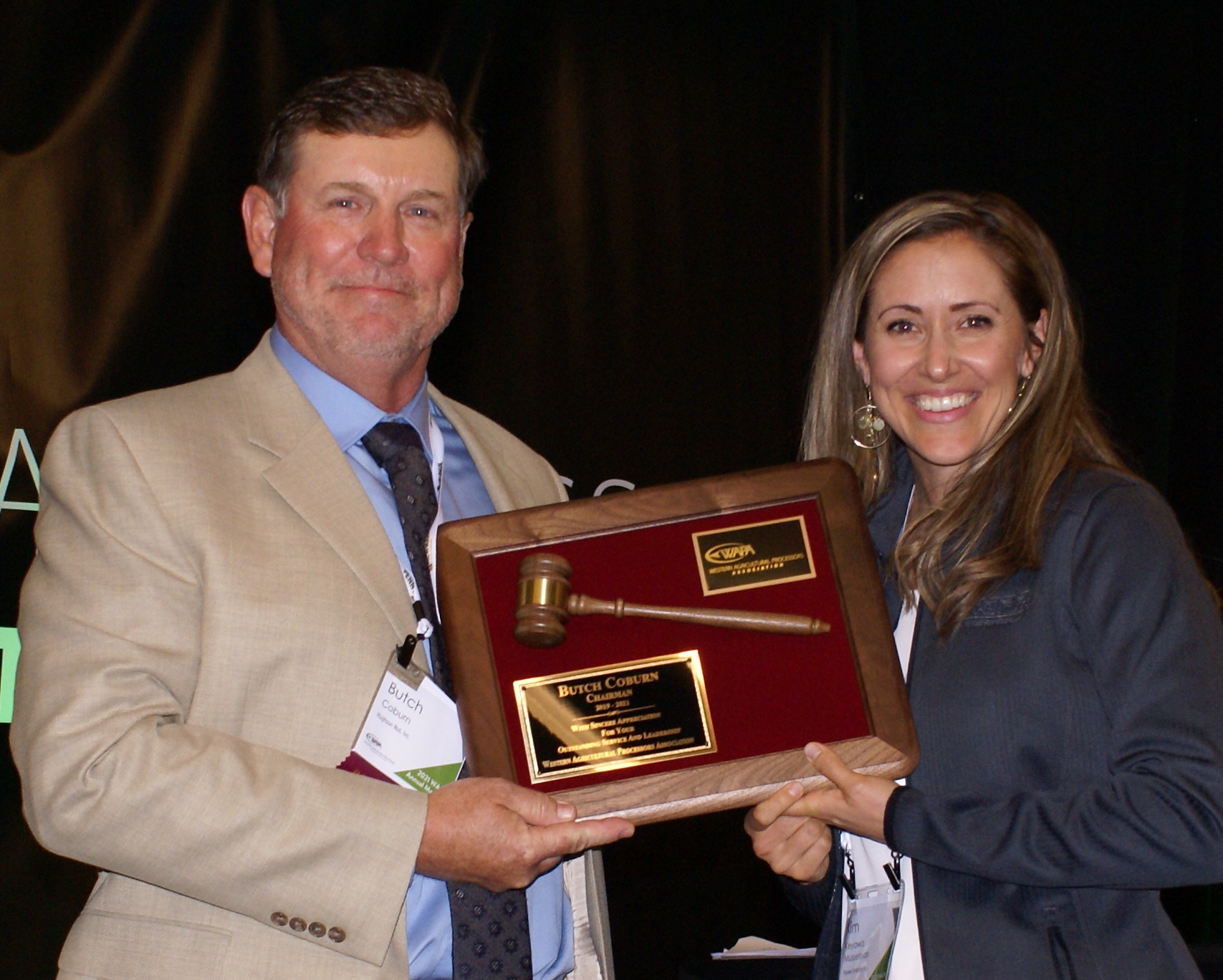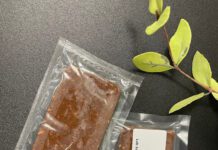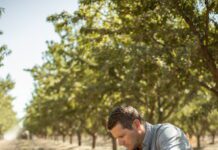
Kim Keyawa-Musselman was a little concerned she might hit a glass ceiling as she ascended the leadership ladder of the board of directors of the Western Agricultural Processors Association. But as she rose to become the first female WAPA chair she says instead she found a supportive catapult in members and fellow directors, who recognized the value her youthful energy and background in her family’s walnut growing and processing business could bring to the organization and lifted her through the matriculation process.
Keyawa-Musselman took the reins of the organization from outgoing chairman Butch Coburn at the association’s annual meeting in Monterey in June. It’s a position she has prepared for since she was first recruited into WAPA by Board Director Don Barton of GoldRiver Orchards. But really its one she prepared for her whole life, growing up in a third-generation walnut farming family in Butte and Glenn counties.
Barton first met Keyawa-Musselman eight years ago when she came as a guest to a WAPA meeting with her father Dave Keyawa. At that time she was a 25-year-old, fresh out of college.
“I was really impressed with the questions Kim was asking,” Barton said. “Obviously she was engaged in the issues that pressed on California agriculture. She is in the trenches. This is not a casual thing for her, this is her livelihood. She’s affected by things that happen in Sacramento every day.
“And she had a level of articulation and eloquence that was self-evident immediately.”
Some of those issues, which Keyawa-Musselman said will continue to be a priority for WAPA under her leadership, include water and worker safety of course, and in general working with the WAPA staff to be sure legislation is grounded in real-world implications for implementation on working farmers and processors. WAPA staff and board members regularly visit with senators, congressmen and assemblymen and also invite them to visit farming operations so they can understand the impact of the legislation they pass.

Keyawa-Musselman first joined WAPA’s strategic committee and became a full member of the board in 2016. Once she had a seat on the board, Barton said she ascended quickly. It was a diversion from where Keyawa-Musselman thought she would be when she left the family farm to go to college.
“I actually did not think I would go into farming. It wasn’t until after graduation in graduate school when I took over the books from my mother out of our living room that I got involved,” Keyawa-Musselman said.
Once there, she began to understand the challenges growers and processors face and the true implications that laws and regulations have on the ground in nut orchards.
Now 33, Keyawa-Musselman is a young mother of a two-year-old son Eli, but she said that with the support of her husband Billy and the support of the board, she welcomes the work ahead of her despite the pressures of being a working mother. In addition to running the family farming business office, Keyawa-Musselman also sells crop insurance while raising a young family and coaching high school field hockey on the side.
And she brings a fighting spirit to her role. She calls the legislative process “medieval” and more of a battle than a process—one she doesn’t intend to back down from. The word fight comes to her often, and it’s a fight she comes at to win. At the same time, her direct eye contact and steady demeaner are engaging.
“I think we as farmers feel like we are constantly being attacked and you have to be ready for anything,” Keyawa-Musselman said. Being a farmer, you can’t just move your land and go somewhere else, so you have to stand your ground.”
WAPA President/CEO Roger Isom said Keyawa-Musselman follows in the footsteps of very strong chairmen since its inception in 2009 and that fighting spirit will be important as the association works to protect the nut industry.
Barton said it is gratifying to see a woman take over the leadership of WAPA.
“It’s always so positive to see women involved in agriculture, which sometimes gets perceived as an old boys club,” he said. “She is not only a fresh new face, but she is such an encouragement for other young women involved in ag to see that we are looking for all people, regardless of gender are race, if you are in the trenches and understand the issues, we want you.”










